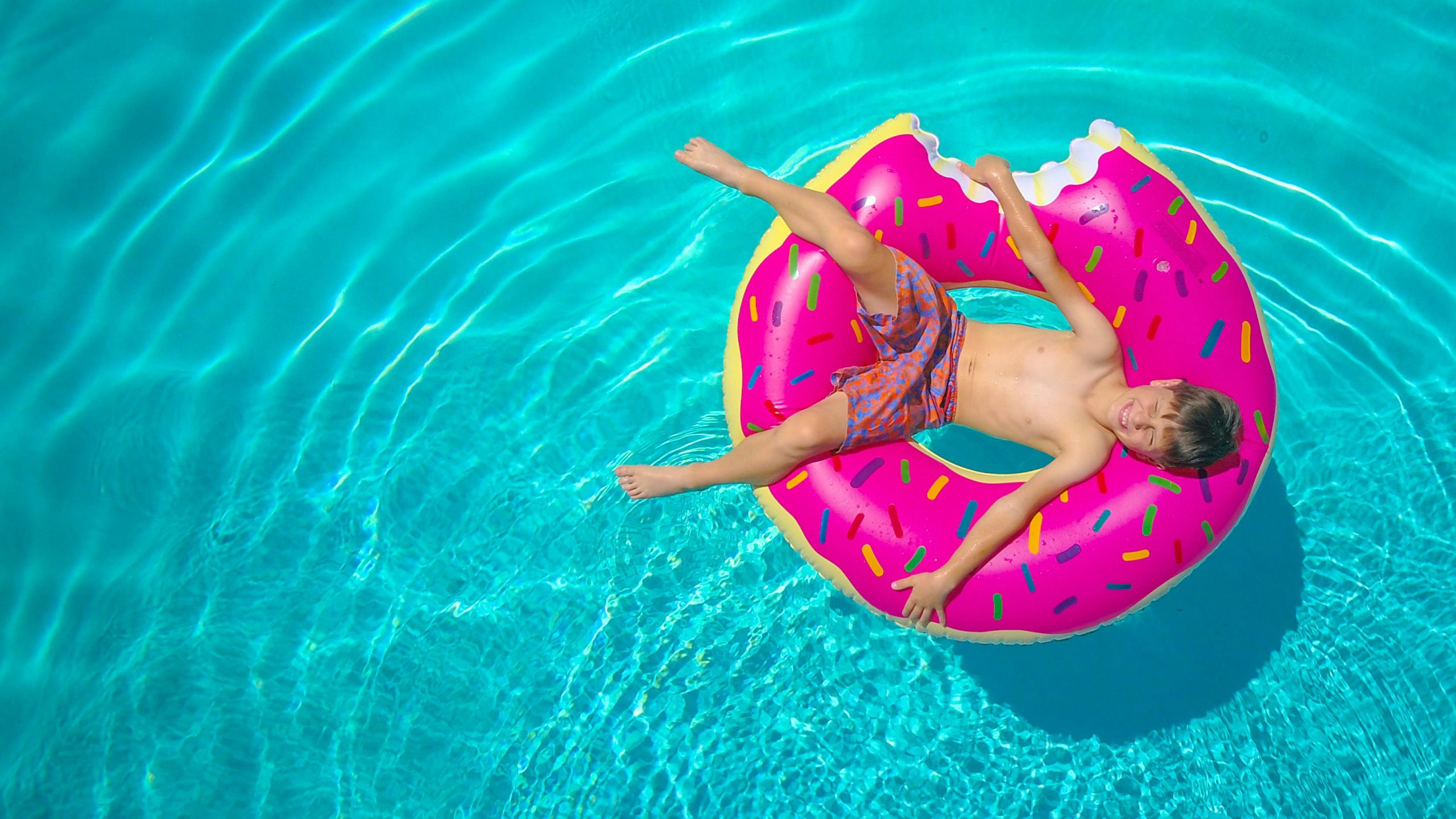The school year ends, and suddenly your home is a mix of screen time battles, late nights, snack raids, and complaints about mysterious backaches.
Sound familiar?
The summer holidays are a well-earned break — but they can also disrupt the rhythms that keep your child’s body and mind balanced.
Without school structure, kids often move less, slouch more, and sleep later… and that can show up in everything from posture to mood.
At Luck’s Yard Clinic, we support families with practical, caring solutions that address the whole child — physically, emotionally, and nutritionally.
Here’s how you can help your child stay strong, rested, and regulated this summer (and how we can support you along the way).
1. Tech Posture: The Summer Slouch is Real
More time at home often means more time on screens — phones, tablets, gaming consoles, or TV.
The problem isn’t screen time itself; it’s how they’re using them.
Simple fixes make a big difference:
– Prop screens up to eye level to reduce neck strain
– Encourage breaks: try the 20-20-20 rule (every 20 mins, look 20 feet away for 20 seconds)
– Use chairs with back support and keep feet flat on the floor
How we help:
Our Paediatric Chiropractic team offers gentle, age-appropriate care that can help ease tension from poor posture and support your child’s spinal health during key growth periods.
2. Get Moving — Without Making It a Chore
Movement helps everything — muscle tone, balance, digestion, sleep, and even mood.
But with no school runs or PE lessons, kids often become more sedentary in summer.
Try this:
– Set fun movement challenges: “How many crab walks across the garden in 30 seconds?”
– Do “movement breaks” after screen time — jumping jacks, stretching, skipping
– Make walks into nature hunts or scooter adventures
These little bursts of activity help reset the body — and reduce the effects of sitting and slouching.
3. Nutrition: What (and When) They’re Eating Matters
With looser schedules, kids often snack more and eat fewer balanced meals.
That can affect not only their energy and sleep but their focus, digestion, and mood too.
Try:
– Offering protein-rich snacks (nuts, boiled eggs, yoghurt) alongside fruit or carbs
– Keeping mealtimes somewhat consistent to support stable energy
– Watching for sugar spikes — especially close to bedtime
How we help:
Fiona Hayers, our Nutritional Therapist and Health Coach, offers tailored support to help you manage fussy eating, food sensitivities, or low energy — gently and realistically.
A balanced diet supports not just physical health, but mood and sleep as well.
Learn more about Nutritional Therapy
4. Emotional Wellbeing: Kids Feel the Change Too
Summer often feels exciting, but for some children it can also be overwhelming.
Lack of structure, changes in routine, and extra time at home can heighten anxiety or emotional outbursts — especially if your child struggles with transitions.
Look out for signs like:
– Trouble sleeping
– Tearfulness or frustration
– Withdrawing from activities or family life
How we help:
At Luck’s Yard, we’re proud to work with Kerry Pilbeam, a qualified Counsellor and Psychotherapist who specialises in working with children and young people.
Whether your child is navigating friendship difficulties, school stress, family changes, or low self-esteem, Kerry offers a safe and supportive space to explore those feelings and build resilience.
Meet Kerry
Whole-Child Support, All Summer Long
Summer doesn’t need to be perfect. But with a little awareness around posture, movement, nourishment, and emotional health, it can be a season of growth — not growing pains.
At Luck’s Yard Clinic, we take a holistic approach to child wellbeing.
Whether your child needs help easing tension from too much screen time, balancing their diet, or making sense of big emotions — we’re here to support you.
Book a Summer Check-In Today
Based in Surrey | Family-focused, friendly care
Call: 01483 527945
Contact us: Get in touch
Explore relevant services:
– Paediatric Chiropractic
– Nutritional Therapy
– Counselling with Kerry Pilbeam
Let’s help your child feel balanced, supported — and ready for whatever comes next.
References
– British Chiropractic Association (2021). Children’s posture and screen time: Advice for parents
– NHS (2023). Physical activity guidelines for children and young people
– Public Health England (2020). A guide to healthy eating for children
– Harvard Health Publishing (2019). How diet affects children’s behaviour and emotional health
– Kaplan, S. (1995). The restorative benefits of nature: Toward an integrative framework
– American Psychological Association (2021). Supporting children’s mental health during out-of-school periods
– The Sleep Foundation (2022). Children and sleep: What parents should know




